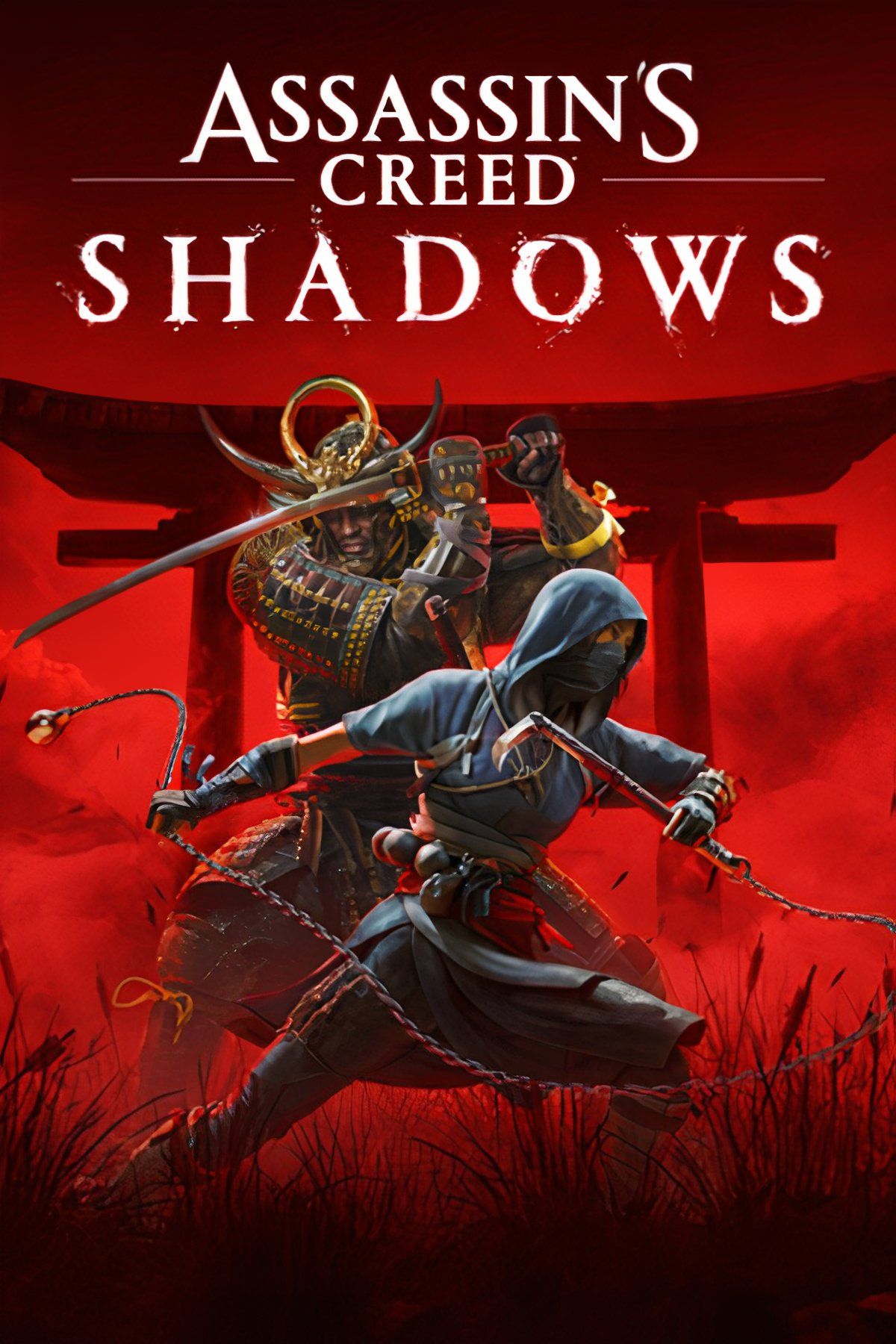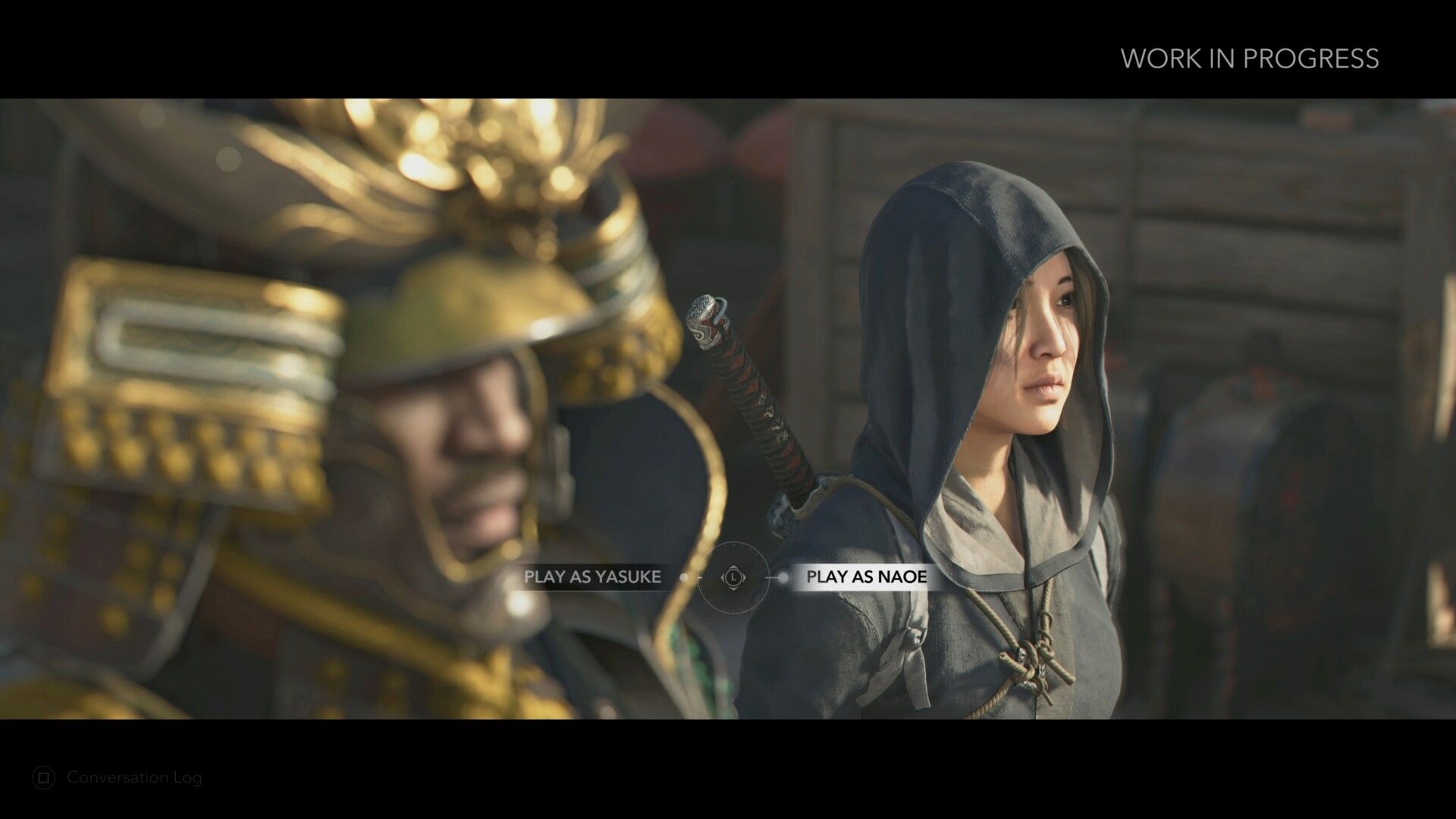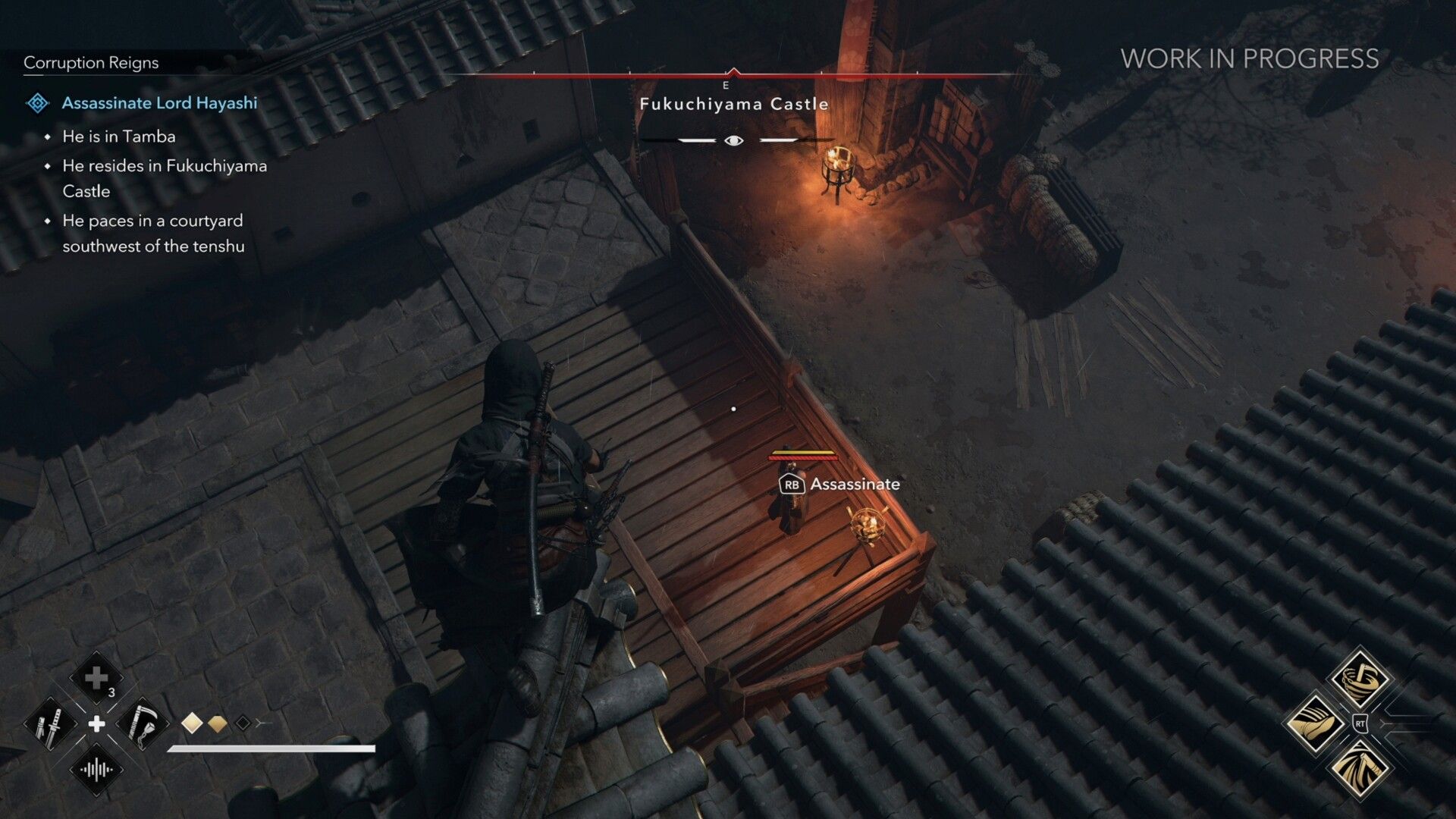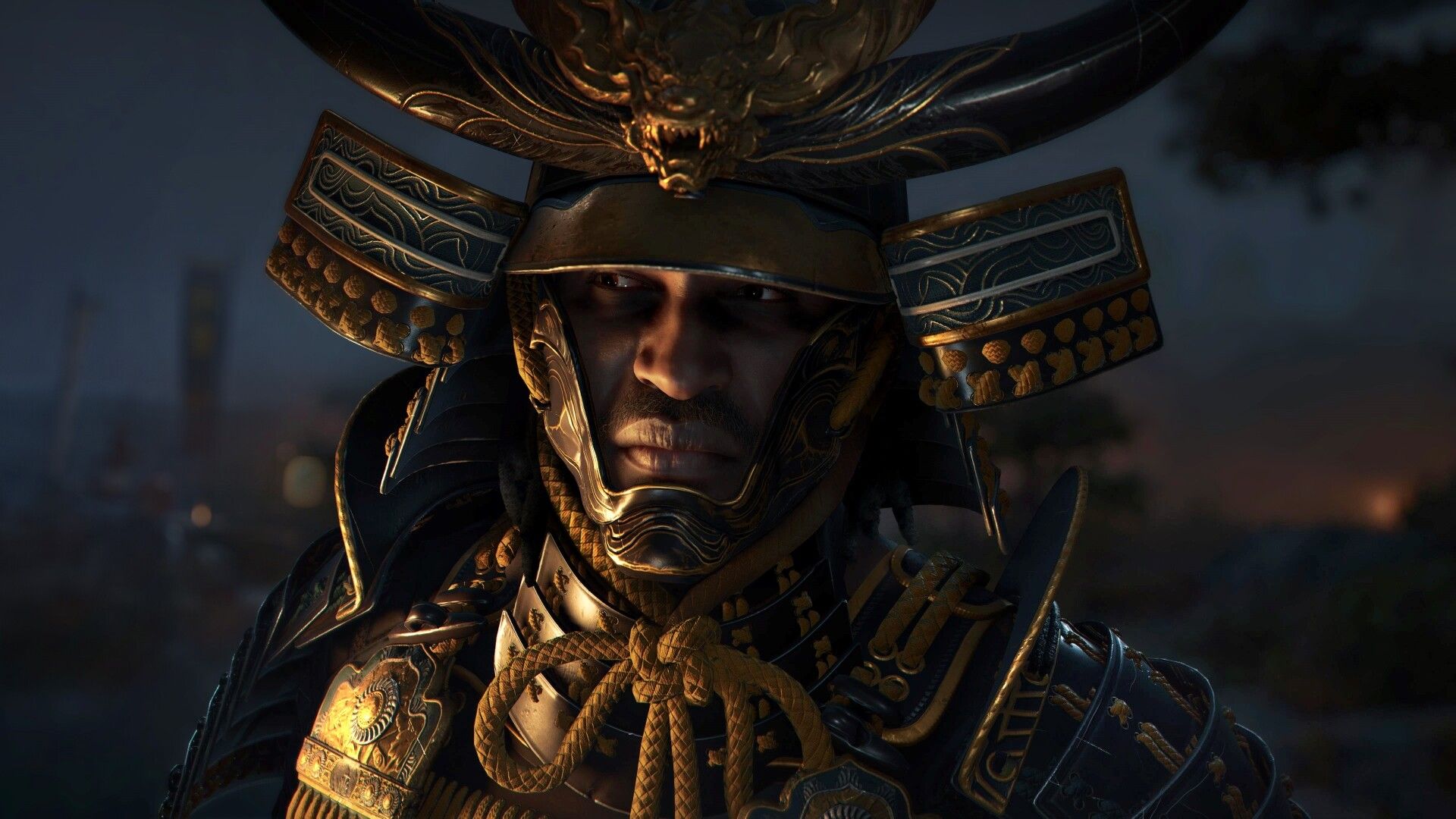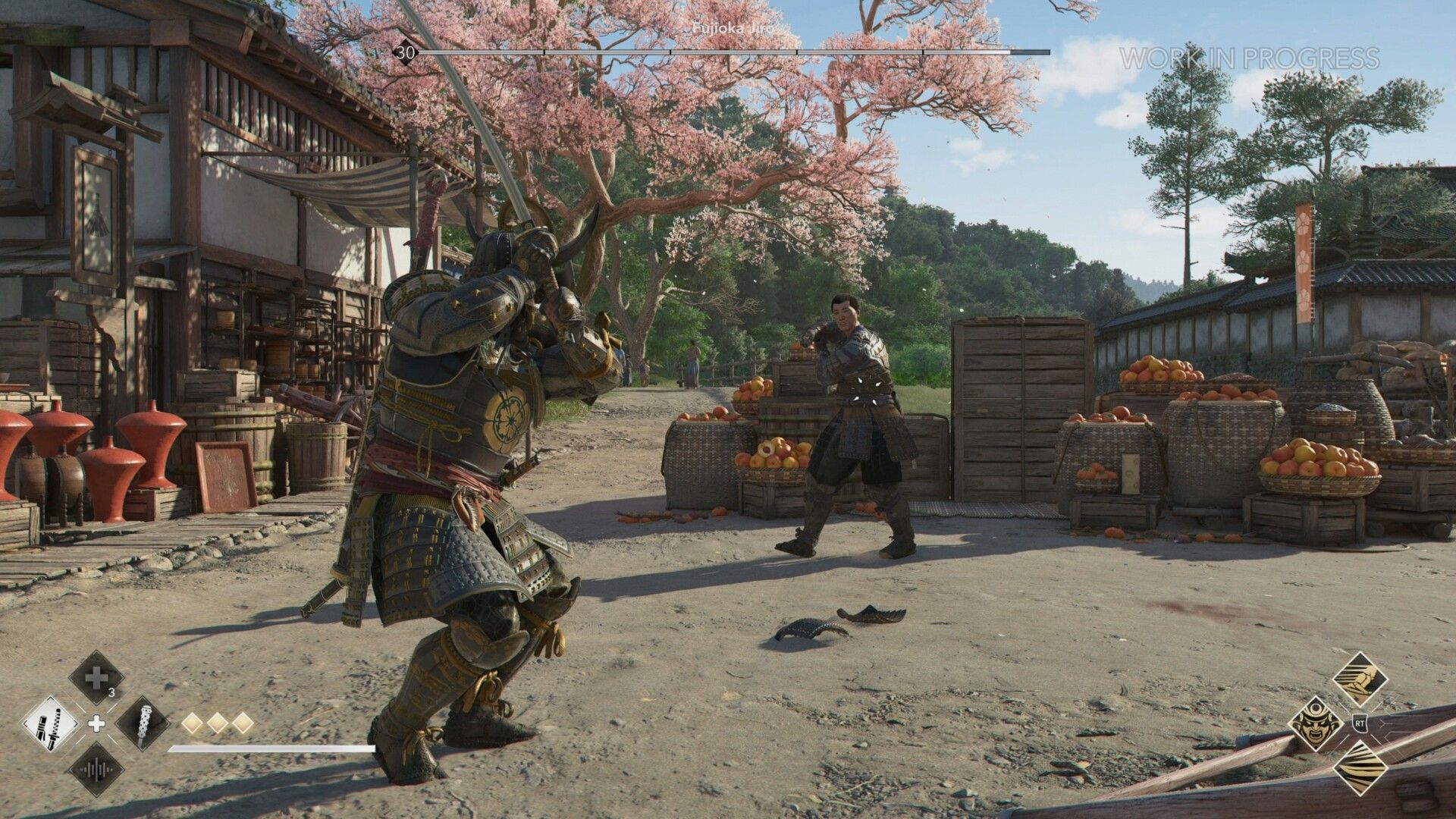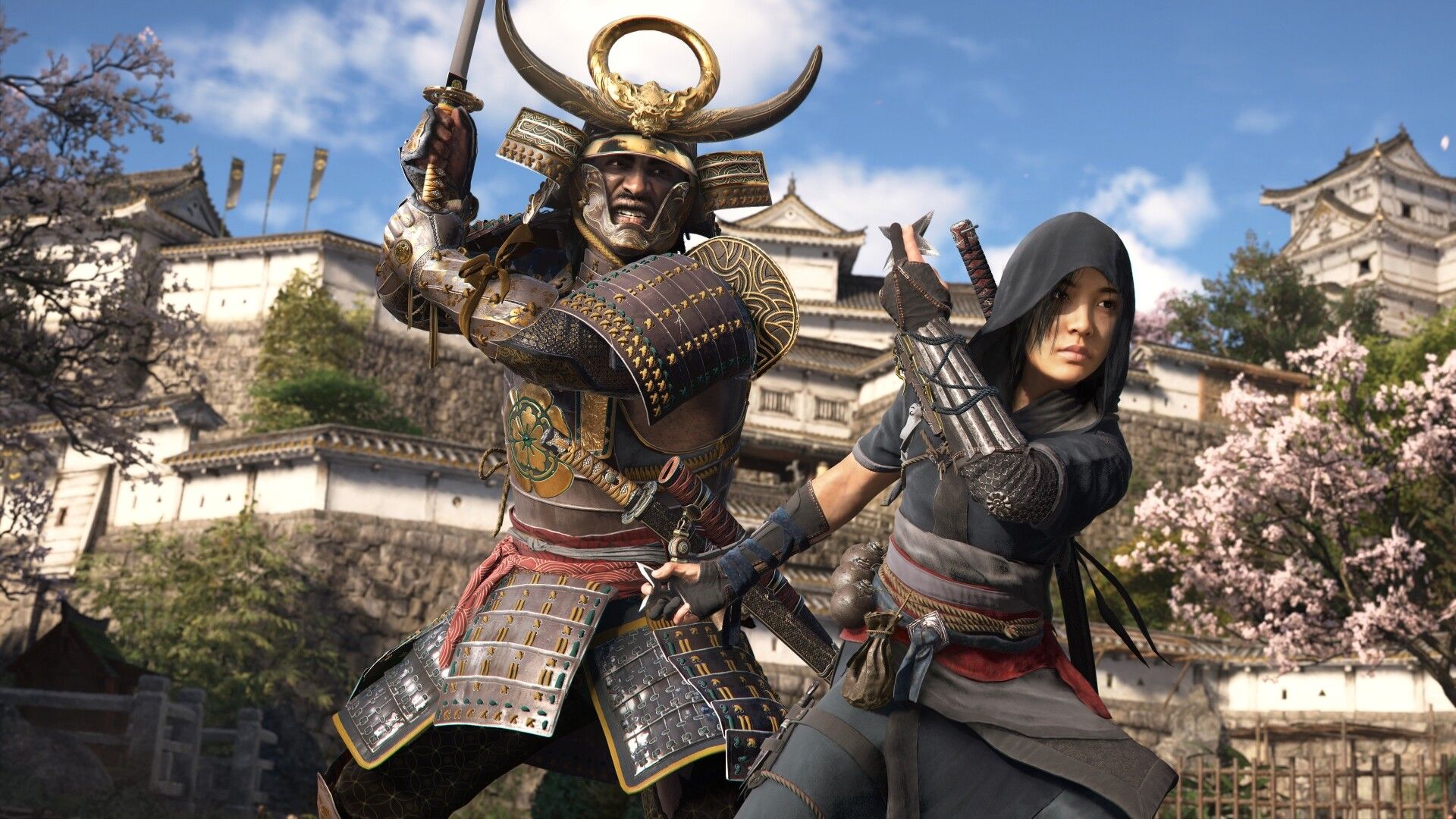This often comes from personal tragedies or over-the-top betrayals.
How often it happens makes it seem like it’s more intentional than someone might think.
Howeverexcept forBlack Flag,Mirage, andSyndicate-Assassin’s Creed 3and onwards focused on revenge.
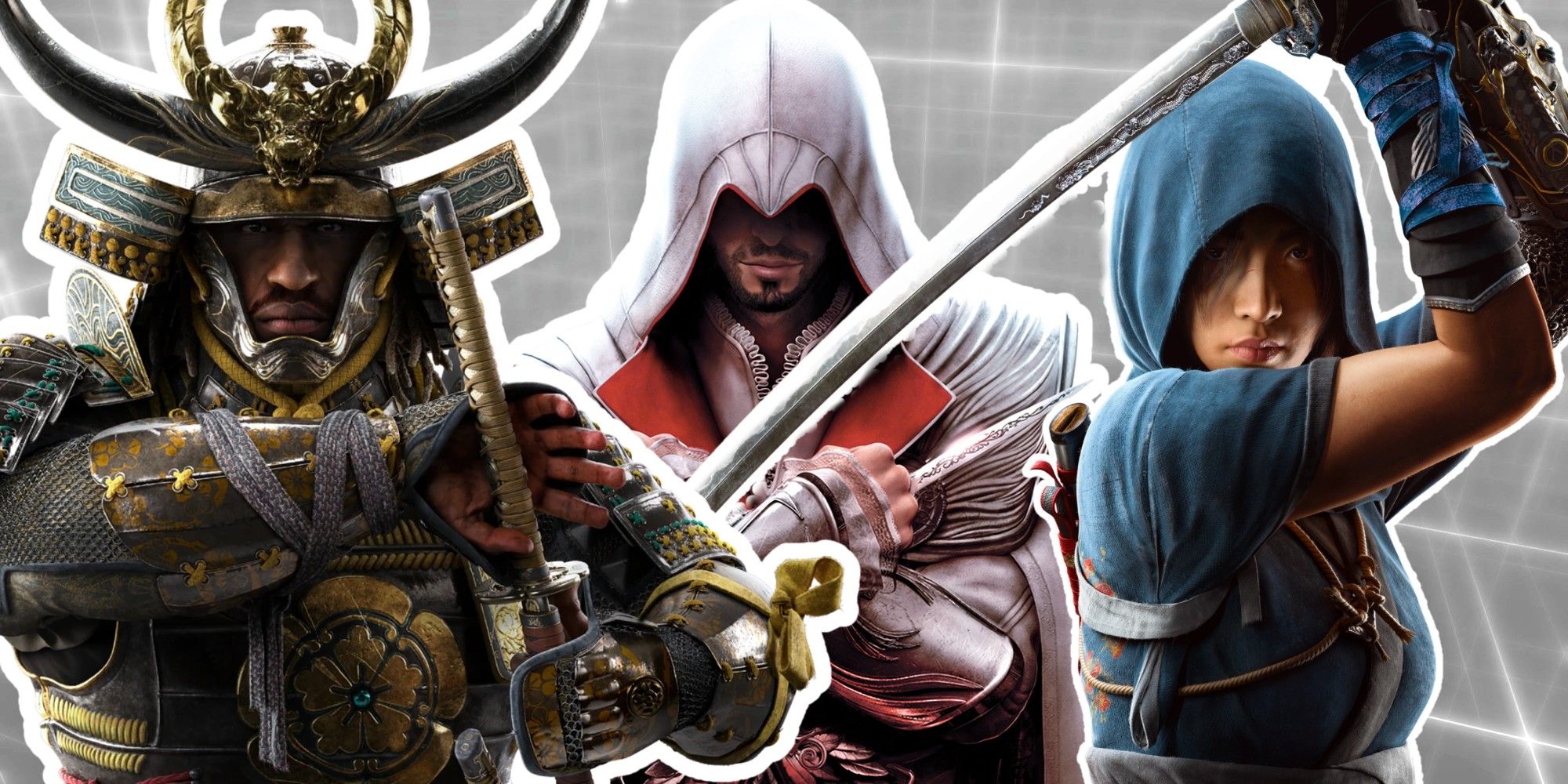
It is the kind of thing you don’t notice, but you do feel when playing the games.
The overused plotline of revenge gets retold as a way to get players to feel invested in the storyline.
This worked so well in these games because they relied on their stories.

WhileMirage’sstory highlighted the other issues with the writing, the other games did this very well.
I won’t useBrotherhoodorRevalationsbecause players were already invested in Ezio thanks to the first game.
Altair Ibn-La’Ahad was the first protagonist in the series and his story revolved around redemption.

Assassin’s Creed aside, it’s probably the definitive Greek history/mythology game with how much ground it covers.
Syndicatesees the Frye twins go to London to do missions for the Assassin Brotherhood.
The point is thatUbisoft doesn’t have to rely on this trope.
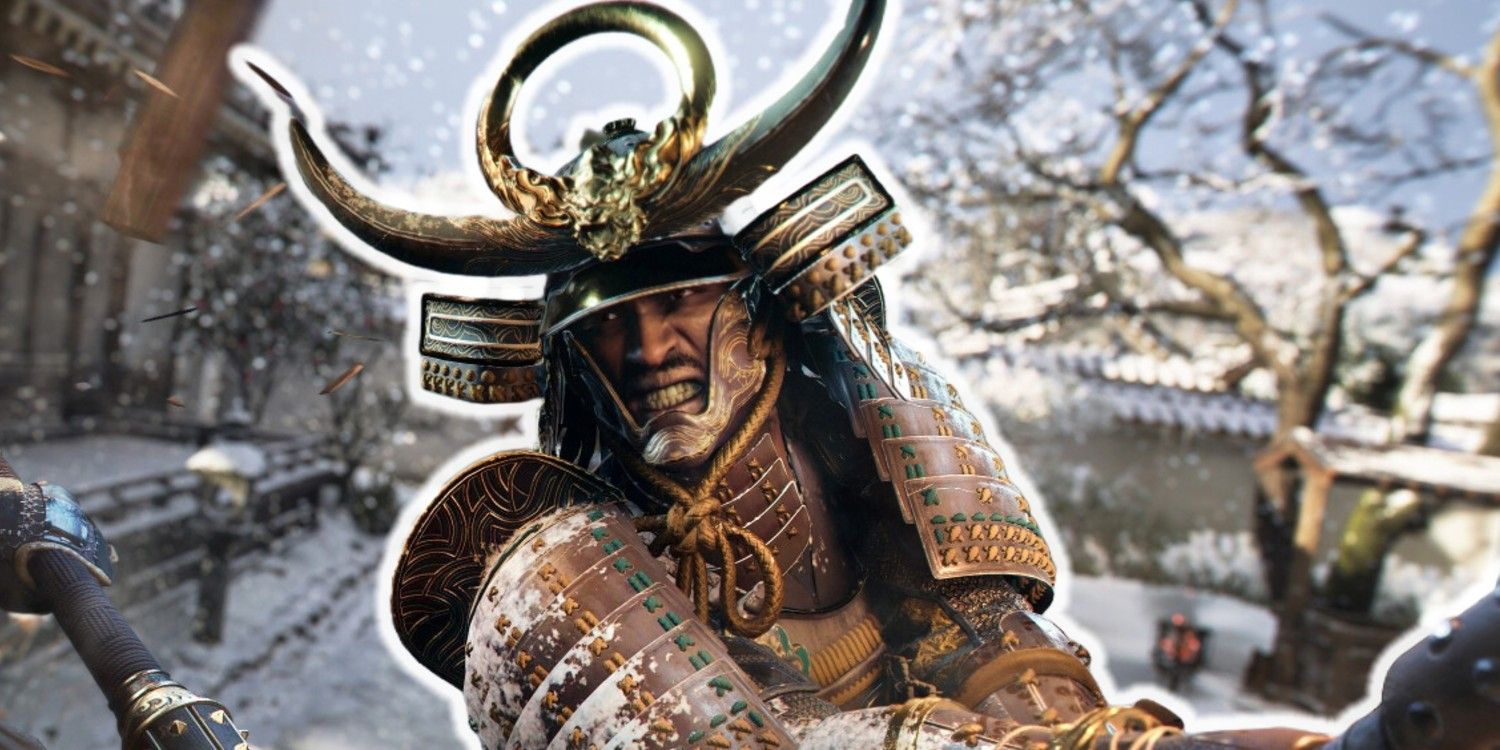
Cutsom Image by Jorge Aguilar
Finally, Aiden Pearce’s overarching motivation inWatch Dogsis to avenge his niece’s murder.
Once in a while is one thing, butwhen you stack them up, it’s glaringly obvious.
The main issue with repeating this trope is that it makes players less invested each time.
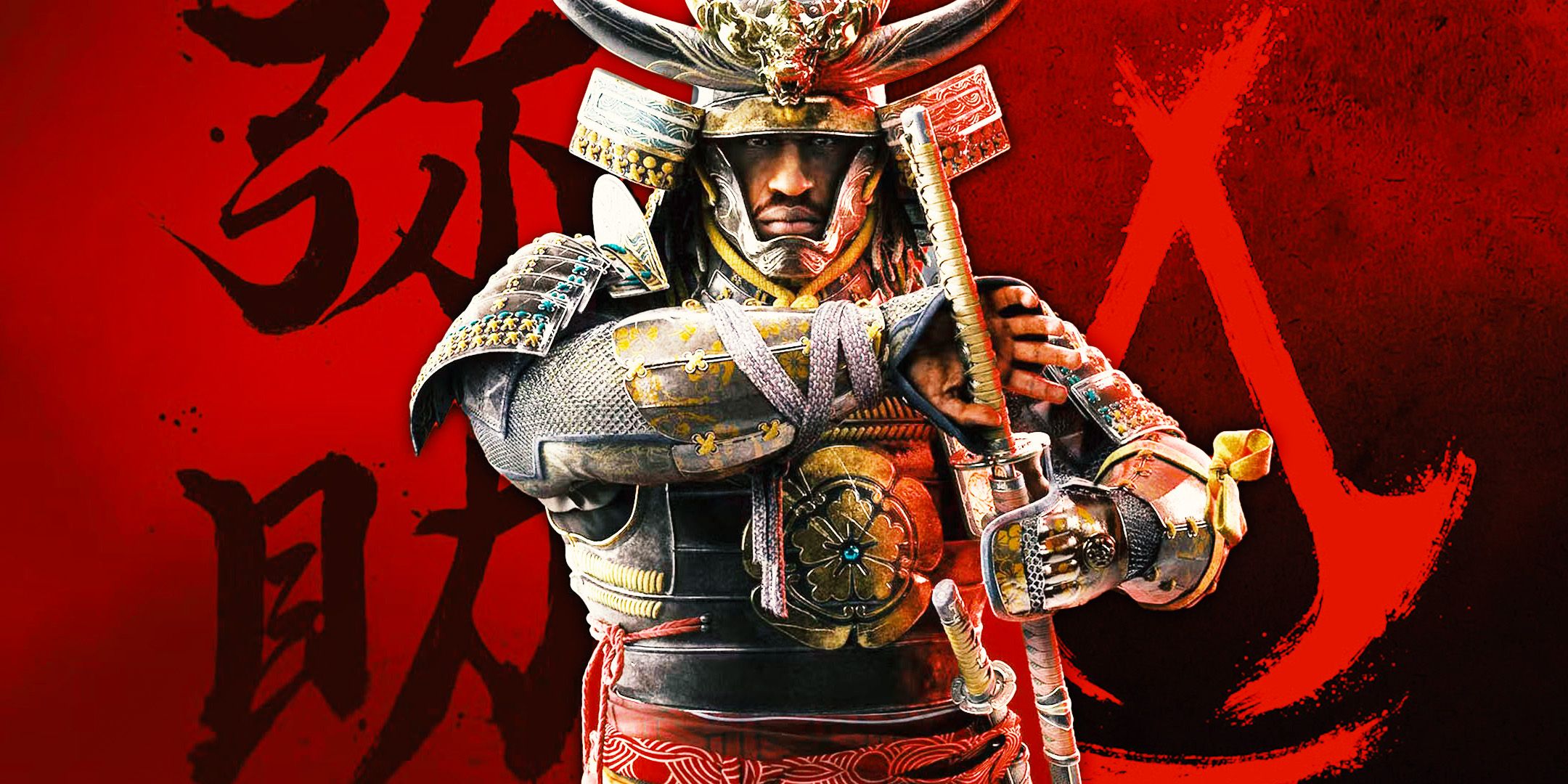
Luckily, an easy way to get players reinvested in the revenge plot is to avoid using it.
Through diversifying character motivations, Ubisoft could have each game stand on its own.
Until then, fatigue will just grow until story ingenuity becomes a major player demand.
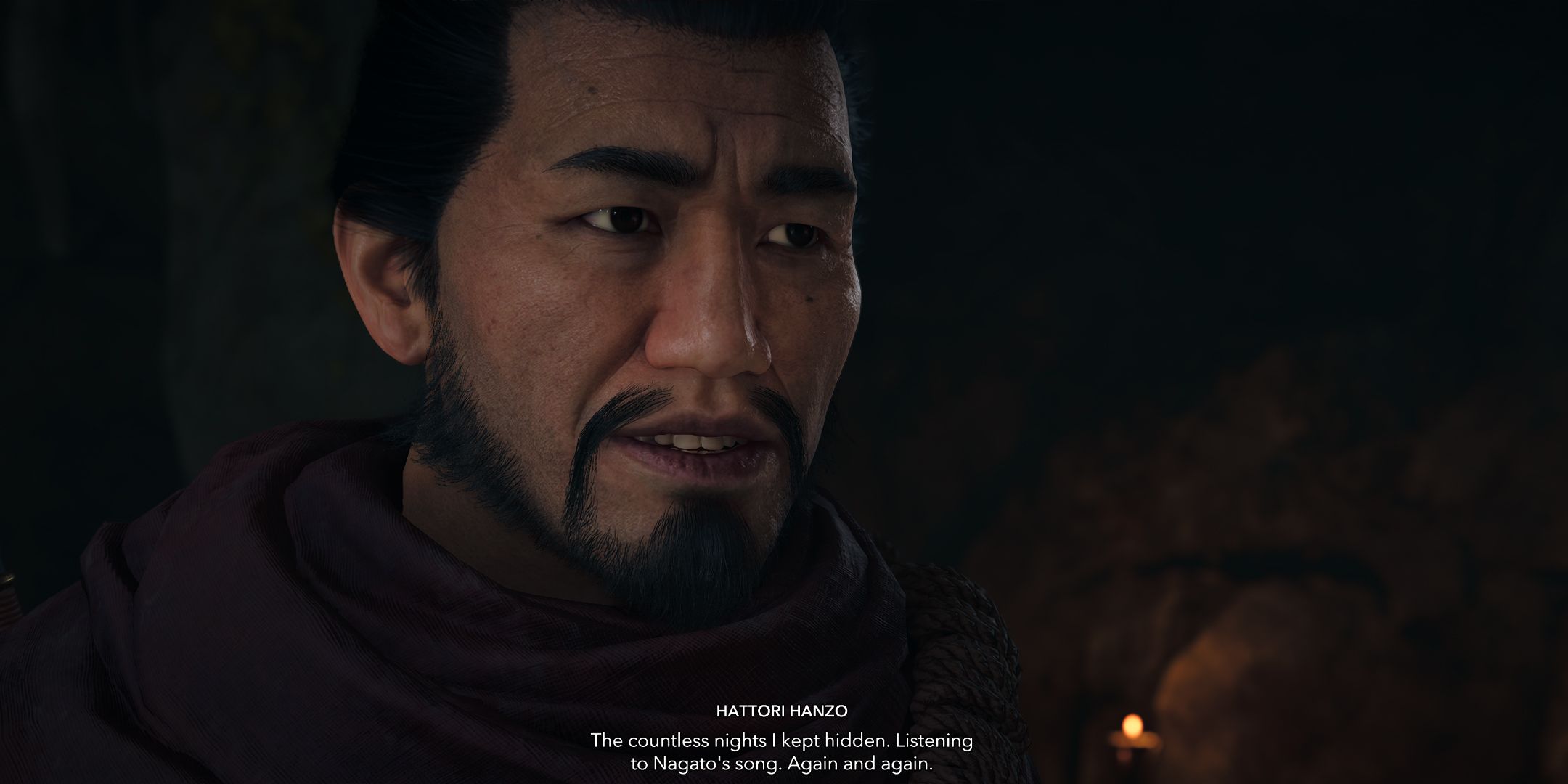
Your Rating
Your comment has not been saved

Source: Ubisoft
